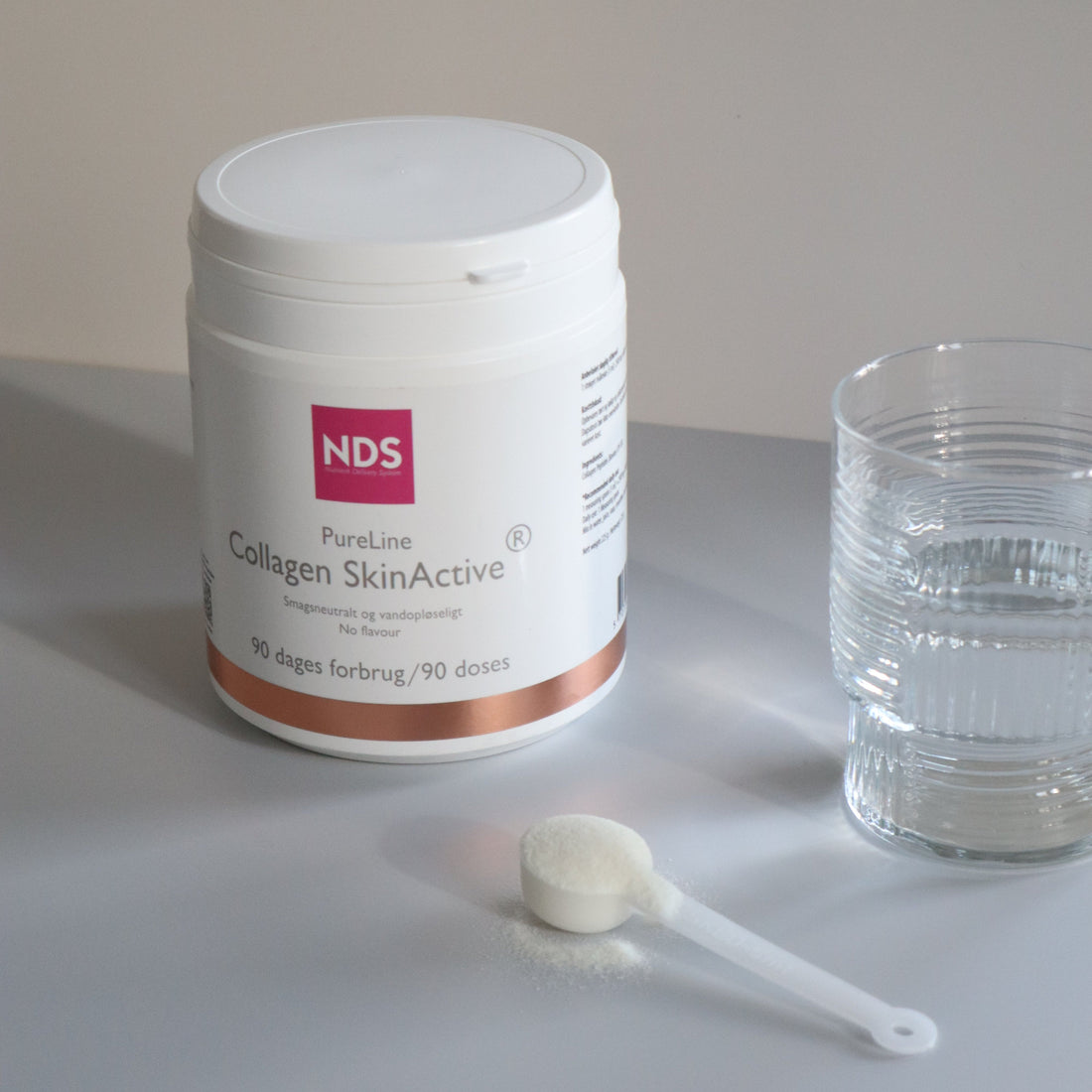
Collagen 101: What It Is, Where It Comes From & Why Molecular Weight Matters
Share
Collagen is one of the most talked-about supplements in health and beauty — and for good reason. It’s the most abundant protein in the human body and plays a vital role in the structure and strength of our skin, joints, tendons, ligaments, bones, and muscles.
But not all collagen is created equal. Let’s break down the basics.
What Is Collagen?
Collagen is a structural protein made up of amino acids, particularly glycine, proline, and hydroxyproline. Think of it as the glue that holds the body together — giving skin its elasticity, joints their cushioning, and tissues their resilience.
Where Does Collagen Come From?
While your body naturally produces collagen, production slows down with age (usually starting around your mid-20s to 30s). That’s where collagen supplements come in. These are typically sourced from:
• Bovine (cow) – rich in Types I and III (great for skin, bones, and muscles)
• Marine (fish) – known for fast absorption and skin support
• Porcine (pig) – similar to bovine, but less common
• Chicken – often high in Type II (beneficial for joint health)
These sources are processed into hydrolysed collagen peptides, which are easier for the body to absorb and use.
What Are the Different Types of Collagen?
There are over 20 types of collagen, but the main ones you’ll hear about are:
• Type I – Found in skin, tendons, bones (most abundant type)
• Type II – Found in cartilage and joints
• Type III – Found in skin, blood vessels, and internal organs
• Type V & X – Involved in cell membranes, hair health, and cartilage growth
A good collagen supplement should be tailored to your needs — whether that’s joint support, skin health, or muscle repair.
Why Molecular Weight Matters
One key factor in collagen effectiveness is molecular weight. Collagen peptides are broken down to be more bioavailable, but smaller isn’t always better.
To be effective, peptides need the right size and structure to target specific tissues:
• Peptides for joints and cartilage differ from those for skin or muscles
• Tissue-specific collagen peptides are designed to reach and be used by those target areas
• Using the correct molecular weight helps ensure the body uses collagen efficiently, rather than just digesting it like any other protein
So, when choosing a collagen supplement, look for one that includes clinically researched peptides with targeted benefits and known molecular weights.
Final Thoughts
Understanding the basics of collagen — what it is, where it comes from, and why its form matters — can help you choose the right supplement for your body. Whether you’re focused on glowing skin, strong joints, or muscle recovery, a high-quality, tissue-specific collagen can support your goals from the inside out.
